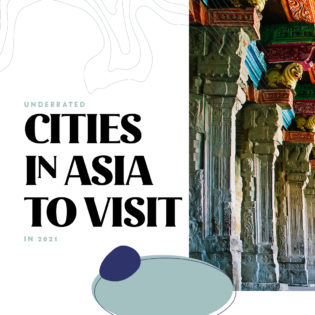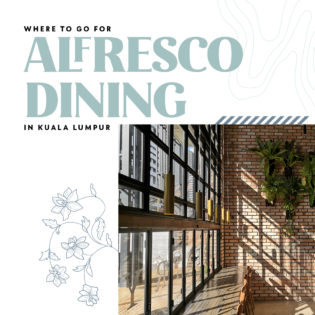Ramadan is not just about abstaining from food and drink during daylight but the observation of the spiritual side of Islam’s holiest month.
Photography 123rf
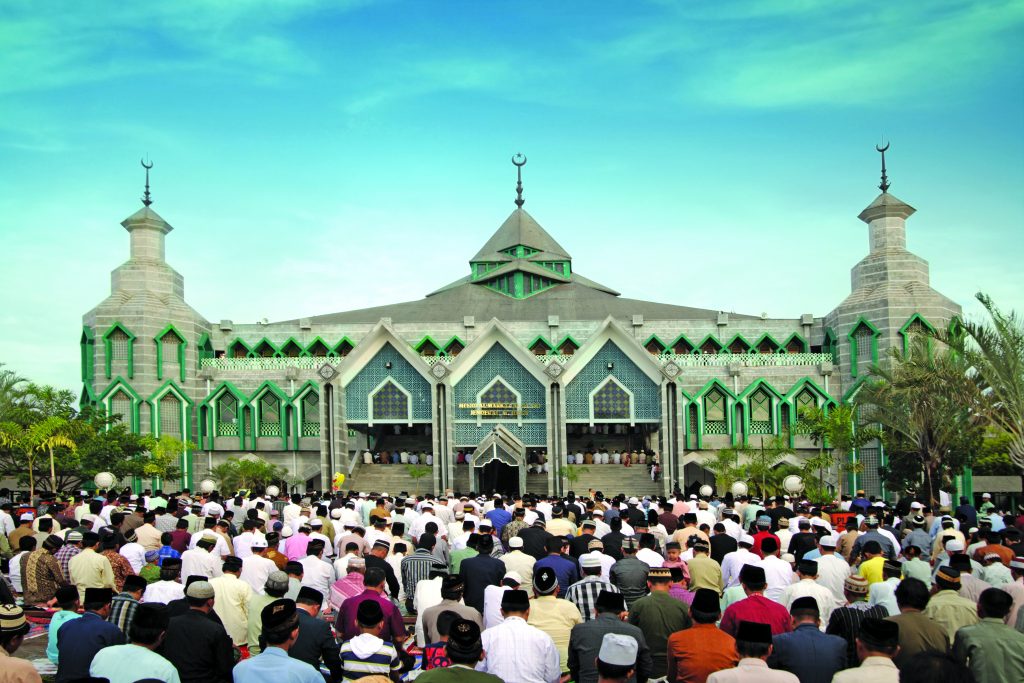
As the last rays of the sun fade over the Arabian horizon, there is a flurry of activity— traffic snarls are particularly bad, cars are honking away, and men are trying to rush home. After 15 hours of fasting in scorching temperatures, emotions run high and people can get irritable.
Yet, amid all this chaos, you will see volunteers handing out food packages— dates, a sandwich and a bottle of water— to those stuck in traffic jams or stranded on the road. You will also see local mosques open their doors and offer a meal to those who are lonely or less fortunate. You will see womenfolk lovingly prepare the family’s favourite meal, sharing generously with their neighbours. In these moments of benevolence and compassion, you can witness the true essence of Ramadan.
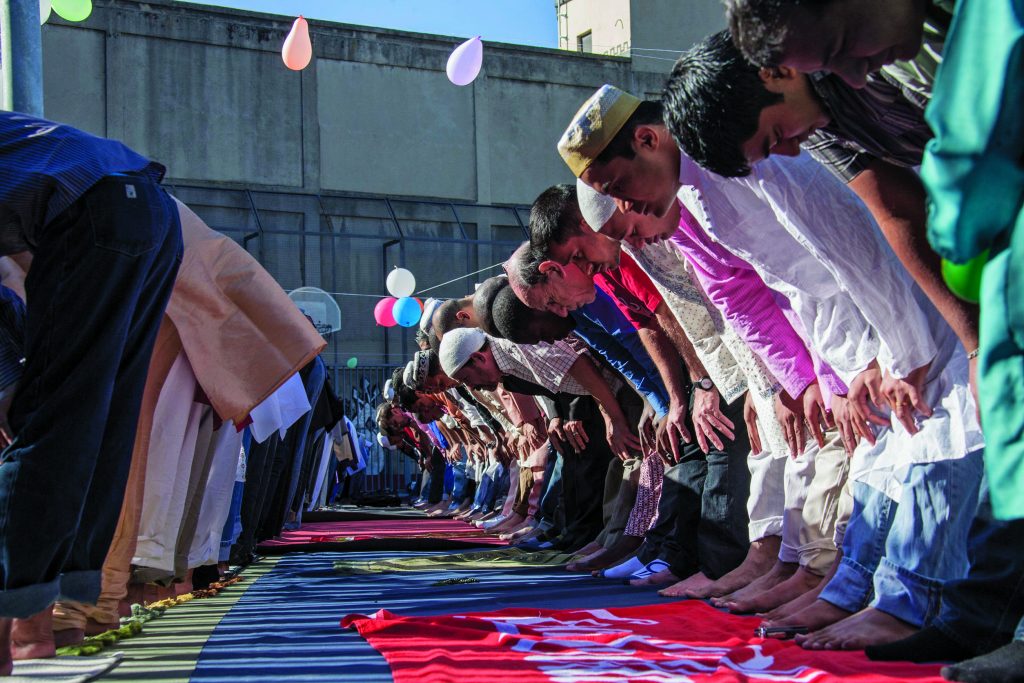
At last, the Magrib adhan (evening call to prayer) echoes from minarets around Saudi Arabia. Saying a quick prayer of thanks, people around the country open their fast with a meal called iftar.
Following the tradition of the Prophet Muhammad (peace be upon him), Muslims first open their fast with dates and water. Traditional iftar staples in Saudi Arabia are sambosak (samosa), soup, salad, fruit, laban (buttermilk) and lugaimat (fried dumplings coated in a sugar syrup)
Ramadan is the ninth month in the Islamic calendar, a lunar calendar that falls behind the Gregorian calendar by 11 days every year. Throughout the month, Muslims all over the world fast from sunrise to sundown. The fast begins with a pre-dawn meal called suhoor, in which they eat a hearty meal for sustenance. Traditional suhoor staples in Saudi Arabia are jareesh (rice porridge), oatmeal or breakfast eggs and toast.
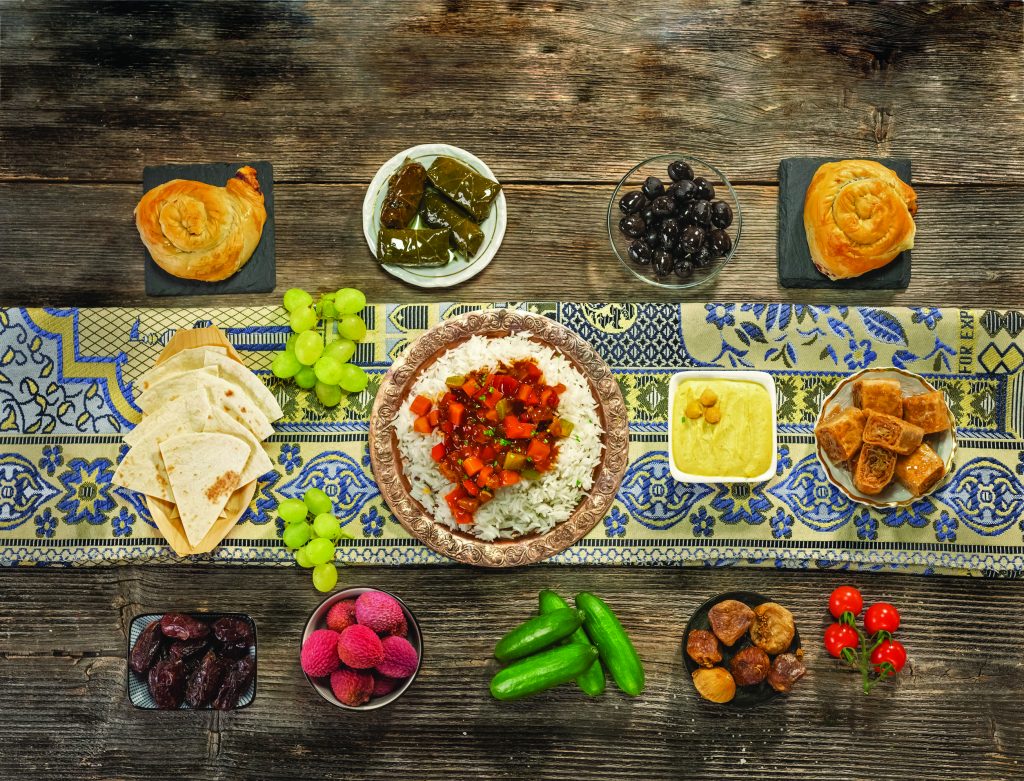
During the day, one abstains from food, drink, sexual intercourse, anger, vile speech and behaviour, and engages in increased prayers, supplications and acts of charity. For Muslims, Ramadan serves as a reminder or a ‘speed breaker’ in a fast-paced life, when one tends to lose sight of the bigger picture.
The month-long practice of fasting inculcates resistance and self-control when faced with temptation. It also makes one aware of the suffering of the hungry and deprived, and how to help the neighbourhood and community. More than just about abstaining from food and drink, Ramadan is a month of reflection, spiritual growth and renewed gratitude for God’s blessings.
Although there are different cultural traditions associated with the month, Ramadan across the world is marked by a sense of community and kinship— meeting fellow worshippers five times a day at the local mosque, eating at communal meals, conducting community charity drives and inviting each other to celebrations. In international communities, it is common to see non-Muslims fast during Ramadan in solidarity with Muslims, reap the benefits of intermittent fasting, cultivate the desirable qualities of restraint and piety, or experience Ramadan in its entirety.
Fasting is one of the five pillars of faith in Islam, meaning it becomes mandatory for every Muslim once they reach puberty, with some exceptions, such as for those who are ill, pregnant and others.
The holy book for Muslims, the Quran, was revealed to Prophet Muhammad during the month of Ramadan. The first revelation came in 610 AD on one of the last 10 days of the calendar month. The 114-chapter book was revealed over a period of 23 years and in its entirety, it serves as a guide for Muslims.
The last 10 days of Ramadan hold special significance— on one of these nights, all past sins are forgiven, a decree on one’s destiny is written, and all supplications are accepted. In the pursuit of Laylat al-Qadr (Night of Decree), worshippers strive harder by staying up all night, increasing prayers and supplications, and reciting the Quran.
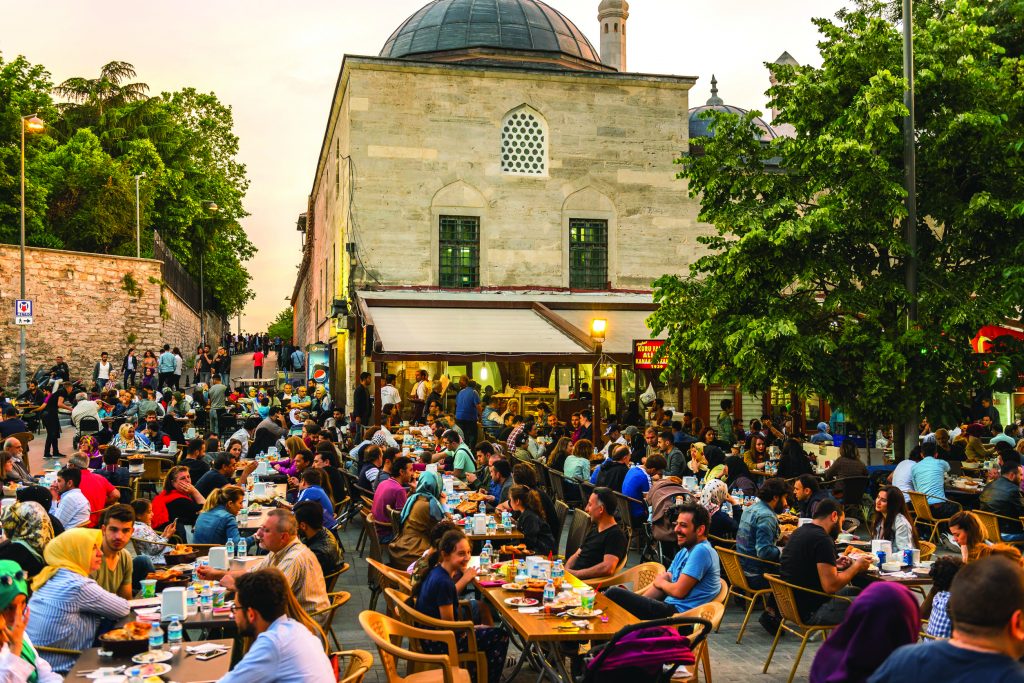
Ramadan finishes on the 29th or 30th day, when the crescent moon of the next month (Shawwal) is sighted. Once it is publicly announced, preparations commence for the Eid-al-Fitr celebration. In Saudi Arabia, Eid-al-Fitr is a three-day holiday. On the day of Eid, rituals include eating a date before one heads to the mosque, attending the morning prayer and sermon, and giving away a mandatory amount of charity.
After the prayer, Muslims embrace and greet each other with Eid Saeed (Happy Eid) or Eid Mubarak (Wishing you a blessed Eid). One may reply with Kul’am wa antum bi khair (May I find you well and in good health every year).
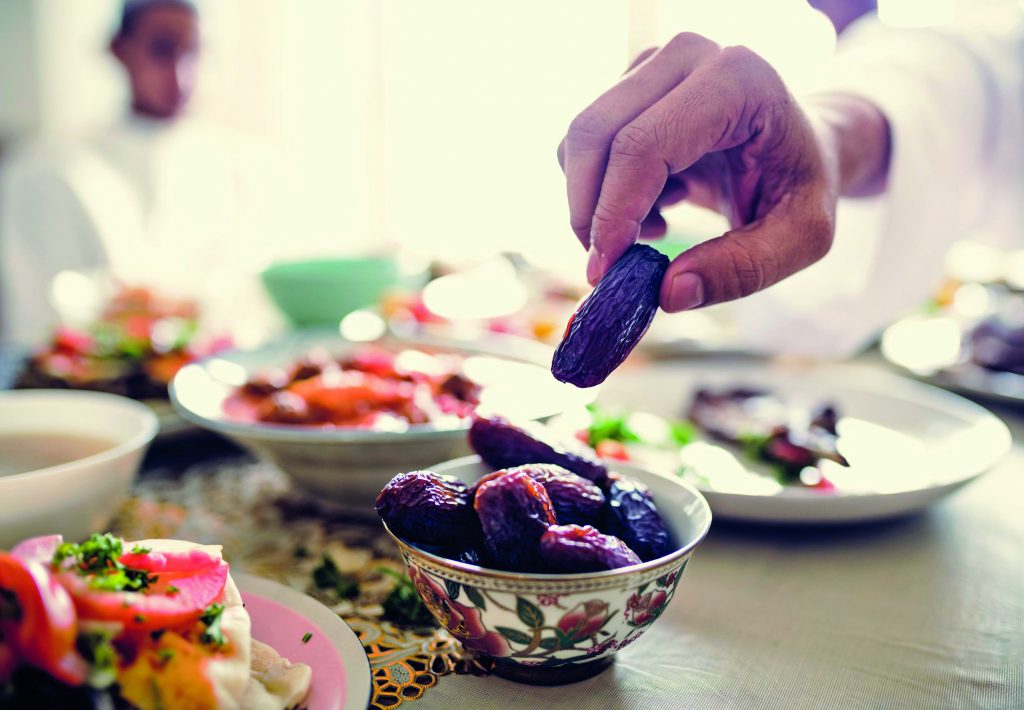
Festivities during the day and following days may include visiting the extended family, meeting friends, hosting parties, and giving small sums of money and gifts to children and each other. Candies and toys are handed out to children in mosques; shops and streets are decked with lights and colourful streamers; neighbourhoods smell of sweet incense and aromatic food; everyone is dressed in their best attire, especially for the occasion.
After a month of fasting for the body and soul, the Eid feast celebrates the gratitude and blessings of yet another Ramadan.


